Wisdom teeth are your third molars located at the very back of your gums. They are the last teeth to come in and can lead to several issues including impaction. Some people might never have issues with their wisdom teeth, or might not even have wisdom teeth at all. However, many will develop symptoms in their teens or into their early 20s that require dental care, like impaction. Here we look at impacted wisdom teeth, how it happens, and why extraction is required.
What Are Wisdom Teeth?
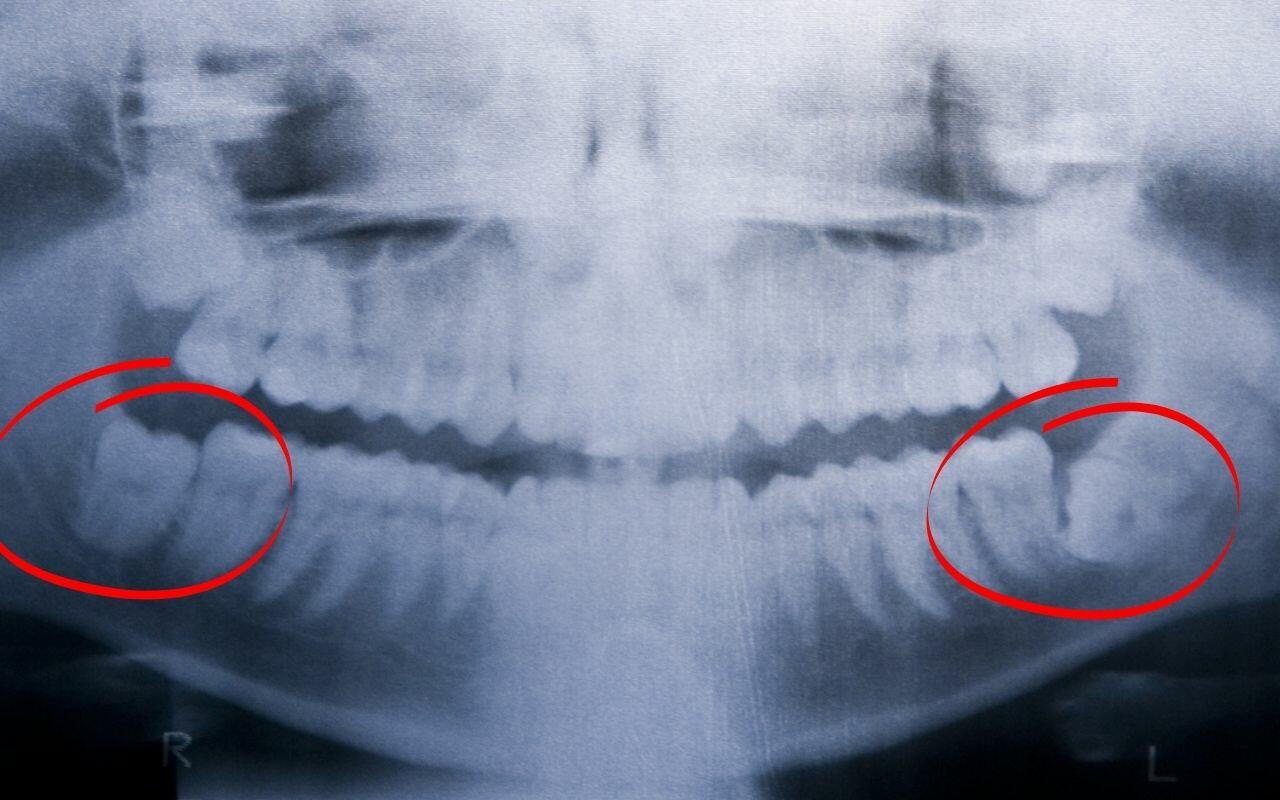
As already mentioned, wisdom teeth are known as the third molars. They typically are late arrivers but can arrive as early as the age of 12 and as late as the age of 25. Because they are the last adult teeth to “erupt” they often don’t have enough space to grow straight up through the gums. As a result, they become malaligned, meaning they are impacted.
What Are Impacted Wisdom Teeth?
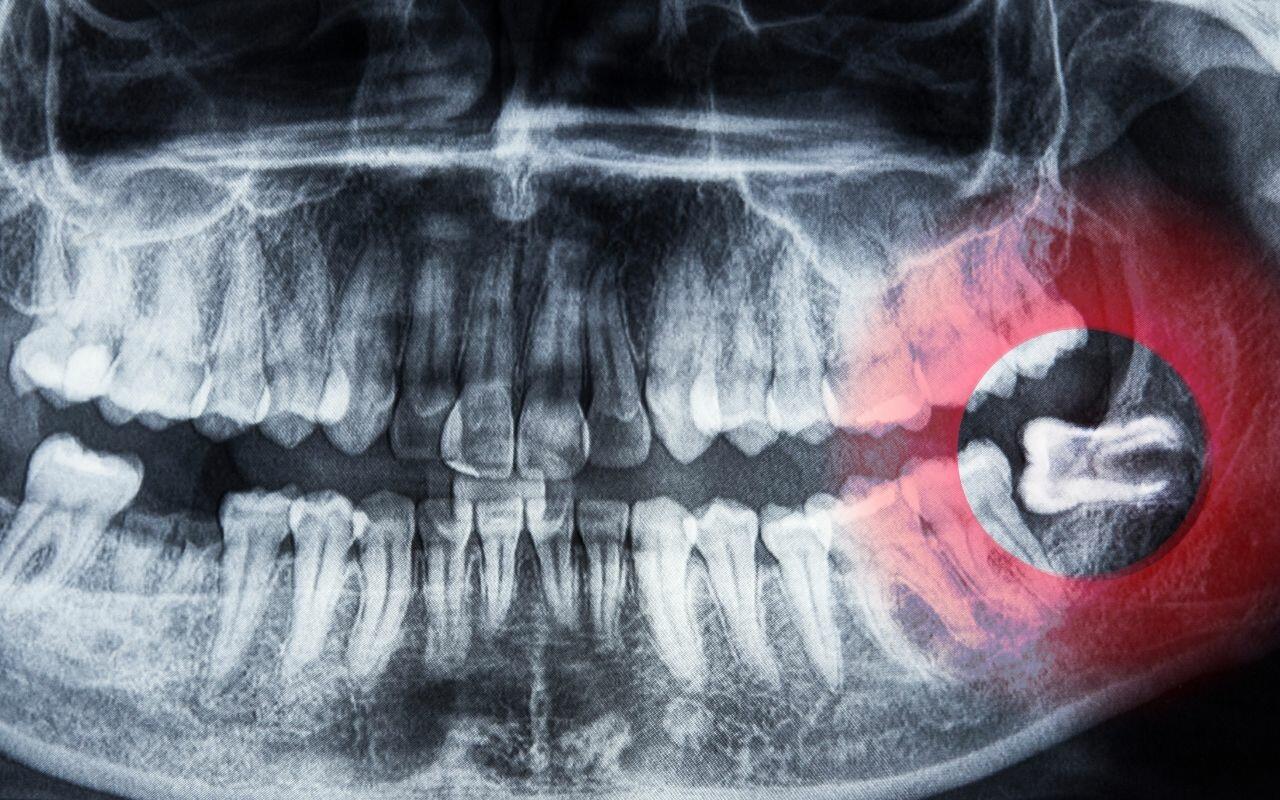
Impacted wisdom teeth occur when they don’t have room to erupt through the gums. As a result, the lack of space puts pressure on the gums and other teeth. The pain and pressure of the impacted wisdom teeth can also lead to infection. As well, you might have varying degrees of eruption that indicate your wisdom teeth are impacted, including:
- Teeth growing at an angle toward your second molar
- Teeth growing at an angle toward the back of your mouth
- Teeth lying down aligned with your jawbone
- Teeth remaining upright, but below the gums or jawbone
Your dentist keeps an eye on your wisdom teeth by taking x-rays at your dental checkups. If they spot any of the above issues, they will continue to monitor your wisdom teeth and recommend extraction if necessary.
What Are The Symptoms Of Impacted Wisdom Teeth?

Symptoms of impacted wisdom teeth include:
- Gum or jaw pain
- Difficulty opening or shifting your jaw
- Red, swollen gums in the back of your mouth
- Ongoing pressure and discomfort in the area
However, they can also lead to further seemingly unrelated issues, including headaches, neck pain, and earaches.
Why Are Impacted Wisdom Teeth Extracted?
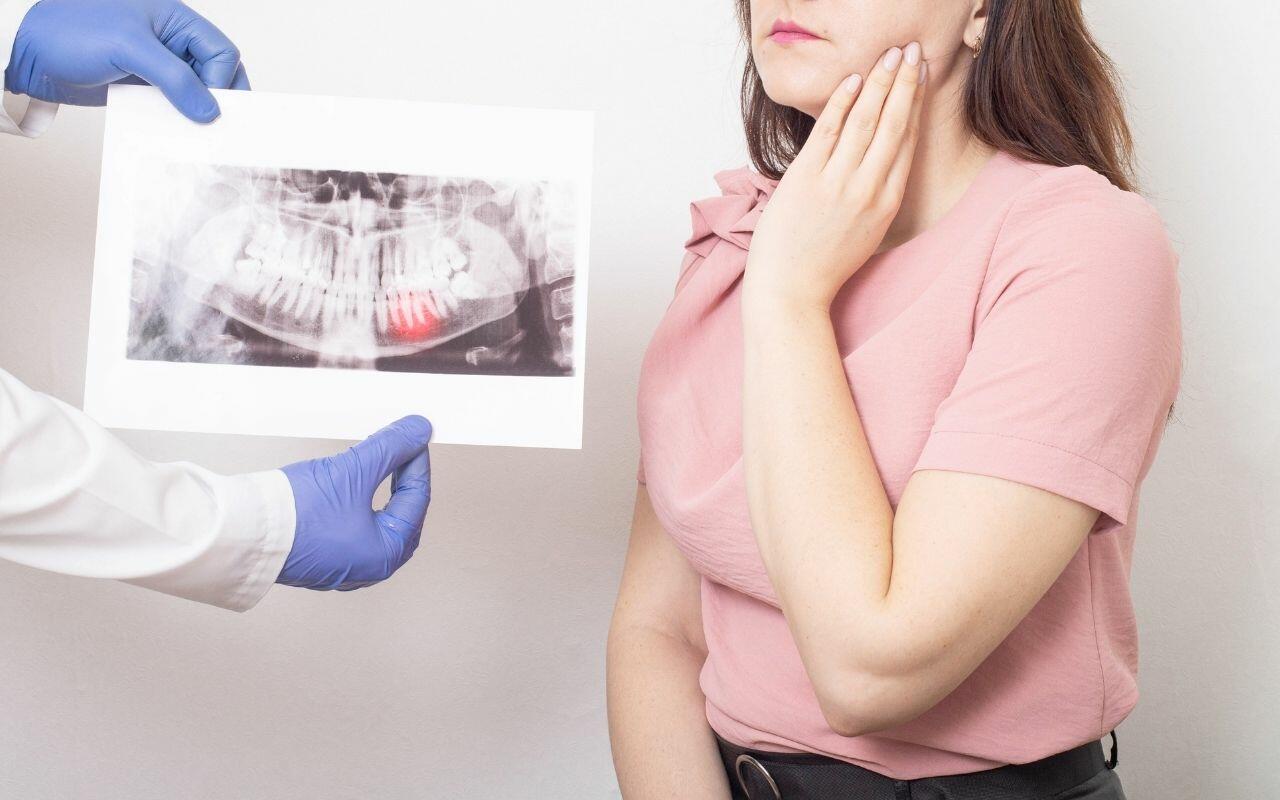
Impacted wisdom teeth can cause the following issues:
- Infection of the gums
- Cysts
- Damage to adjacent teeth
- Tooth decay
- Toothache
- Gum disease
- Bad breath or taste in the mouth
Crowding caused by impacted wisdom teeth might require orthodontic treatments to correct shifting. As well, impacted wisdom teeth can also lead to cysts in your jawbone which can damage the bone, as well as the teeth and nerves in the area. The molars closest to the wisdom teeth become more vulnerable to infection if there is ongoing pressure against the tooth.
If the teeth are not removed it can also lead to a condition called cellulitis in the cheek, tongue, or throat. Impacted wisdom teeth can also be quite painful, interfering with your ability to enjoy life. Headaches, jaw pain, neck pain and earaches can be ongoing, but relieved when your wisdom teeth are removed.
Are Wisdom Teeth Always Painful?
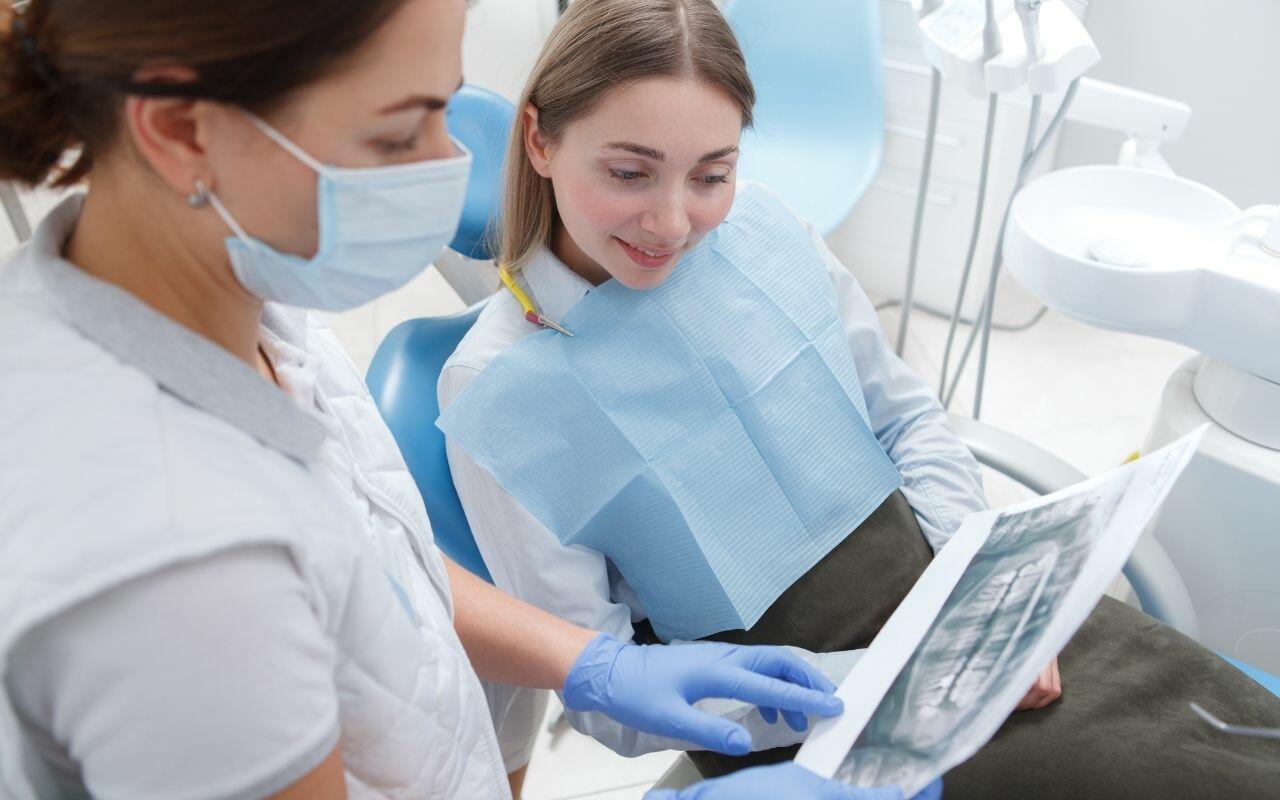
No. While impacted wisdom teeth can result in pain, some people never realize they have issues because they don’t have any noticeable symptoms. Whether their wisdom teeth are growing in straight, or they actually don’t have wisdom teeth at all, their wisdom teeth are not causing the typical issues associated with impaction.
However, your dentist will still keep an eye on your wisdom teeth as although they might not be impacted and aren’t causing issues now, if they erupt, they can still be vulnerable to issues due to their location. Being so far back can make it harder to brush and floss which increases the risk for tooth decay and gum disease. As a result, your dentist might still recommend extraction.
Are There Possible Complications Of Impacted Wisdom Teeth?
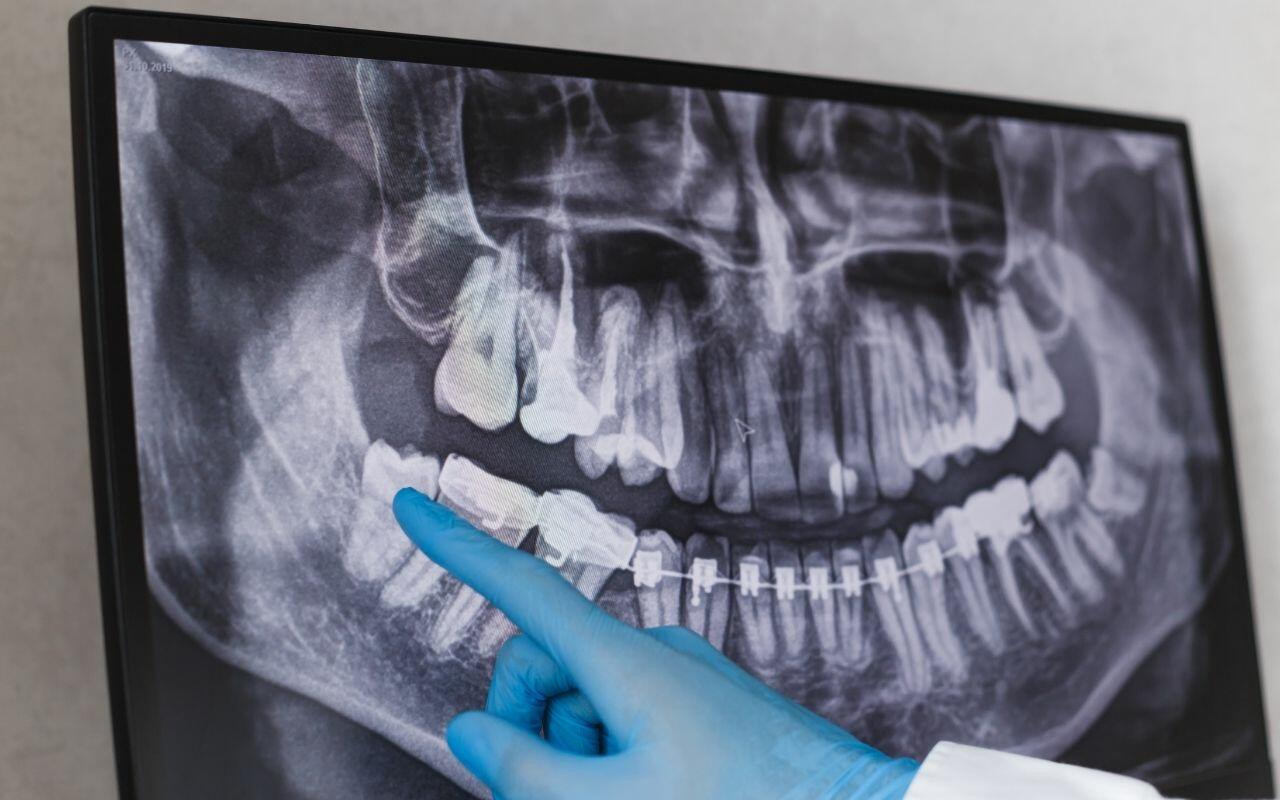
Yes, as mentioned above, your dentist recommends extraction of wisdom teeth to avoid the following complications:
- Tooth Damage: Your second molars are the most likely to experience damage caused by impacted wisdom teeth. Pressure from the wisdom teeth can also lead to infection, as well as crowding of all of your other teeth.
- Cysts: Sacs filled with fluid can develop on the jawbone, which can damage your bone, nerves, and teeth.
- Tooth Decay and Gum Disease: If your wisdom teeth (or tooth) only partially erupt, the odd angle can increase the risk for your second molar, and other teeth crowded by the pressure, to develop tooth decay. As well, the wisdom tooth itself is also more vulnerable because the odd angle and location make it more difficult to clean, especially along the gums.
- TMJ issues: TMJ is your jaw bone and joint. Issues with impacted wisdom teeth can cause painful TMJ issues that interfere with proper jaw function.
All of these issues can be avoided with wisdom tooth extraction.
Is It Possible To Prevent Impacted Wisdom Teeth?

No, unfortunately, there really isn’t a way you can prevent your wisdom teeth from impaction. However, you can reduce the risk for complications by seeing your dentist every six months. They will monitor your wisdom teeth with x-rays. They will also help avoid infection and damage as your wisdom teeth develop and try to erupt.
What Is Extraction For Impacted Wisdom Teeth?
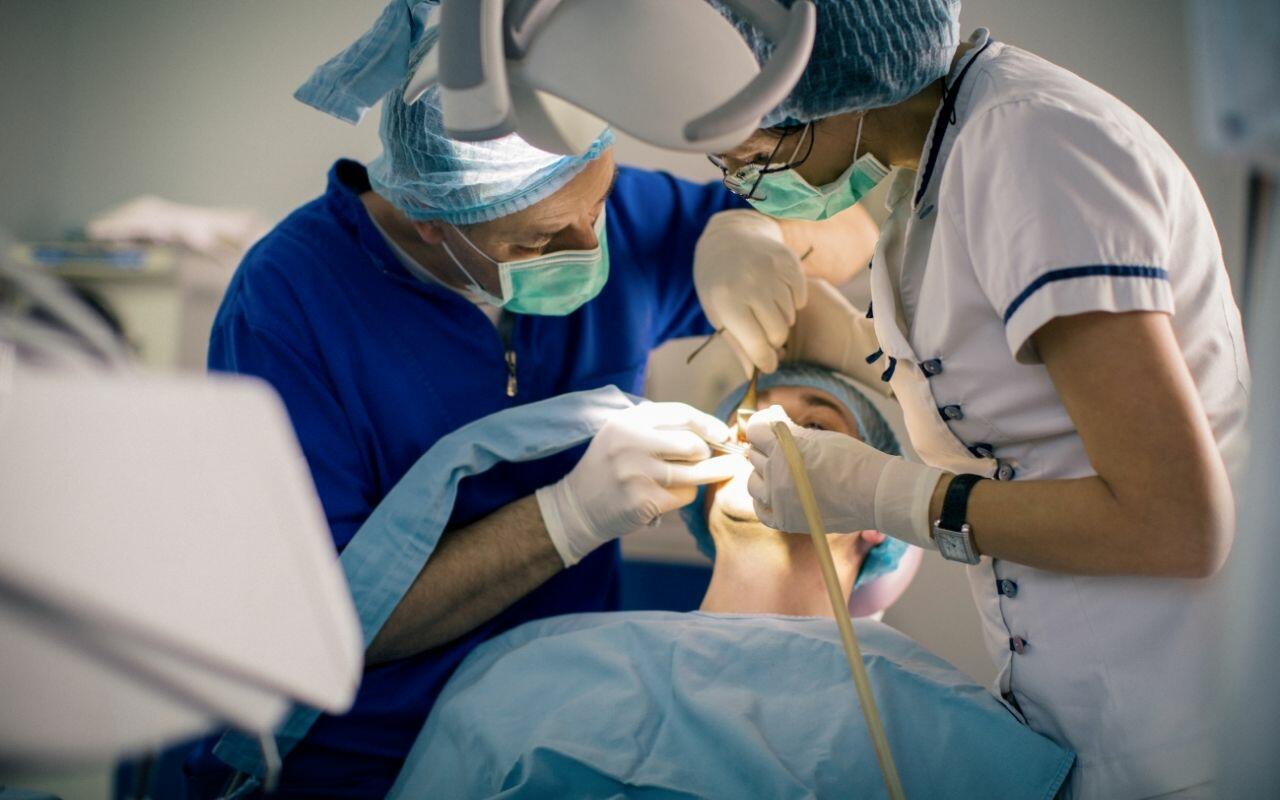
Wisdom tooth extraction is a surgical procedure. Your dentist recommends tooth extraction when there isn’t enough room for your wisdom teeth to grow, or when your wisdom teeth are causing ongoing issues. The procedure involves making an incision in your gums to expose the tooth and jaw bone. It is painless as your dentist freezes the area, and also uses sedation throughout the surgery. They will remove bone that might be blocking the tooth root and remove the tooth in sections.
They then thoroughly clean the area and stitch up the hole to help the area heal. Although it might sound complicated, your dentist keeps you comfortable throughout the procedure, and you should heal within a week or two. You’ll have to eat soft foods for several days, and each day you will find the discomfort lessens. It will also be difficult for a while to open your mouth wide or move your jaw back and forth, but this will also improve each day. Remember, the end result is you will no longer worry about wisdom tooth pain or the other unpleasant symptoms of impacted wisdom teeth.
For a wisdom tooth assessment or for any other dental issue, call us today at 905-775-5307 or click here to request an appointment.
